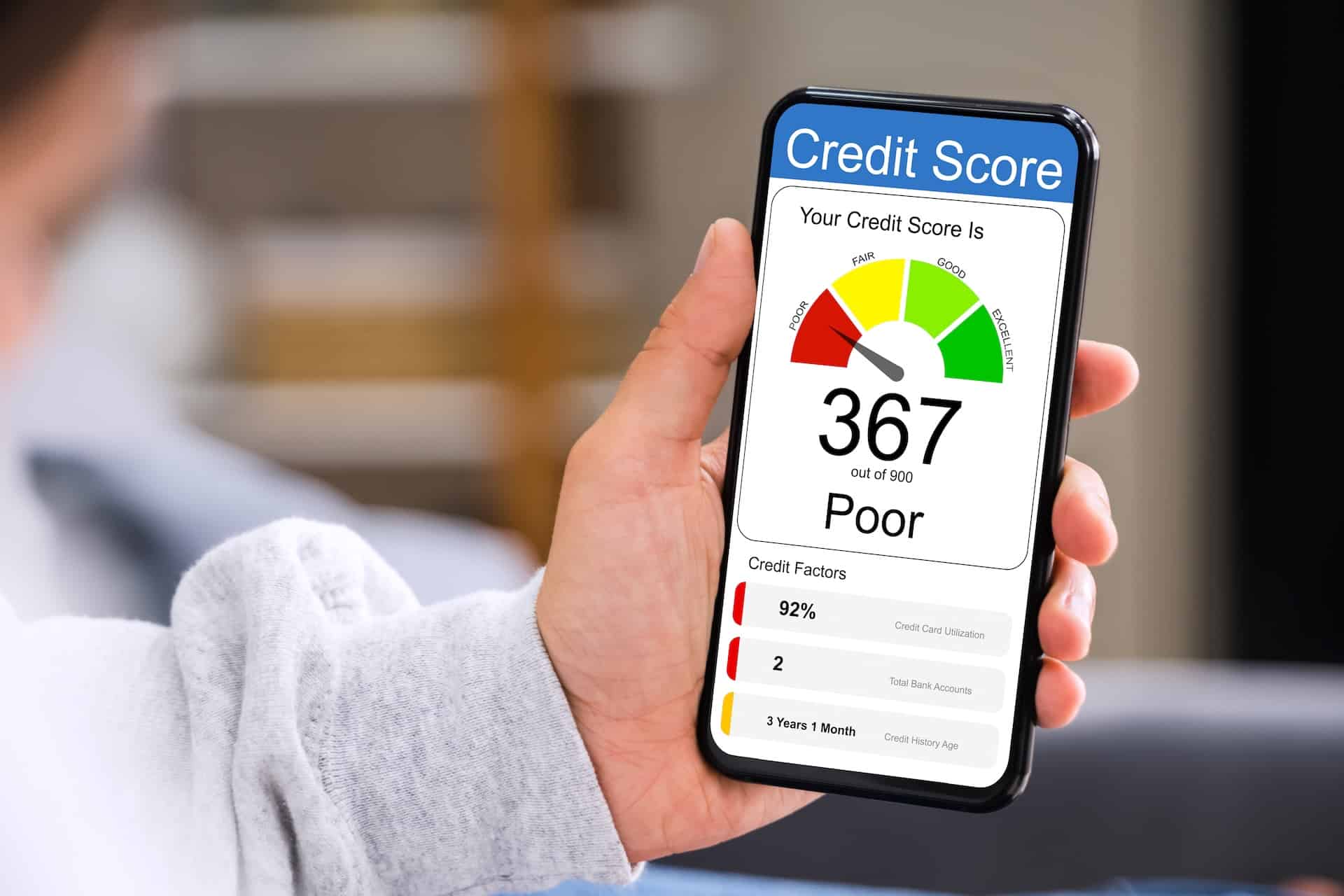Credit Sesame on how inflation affects no credit, unscoreable and credit invisible Americans.
In today’s world of online shopping and cashless transactions, not having credit is a real hardship. This problem is now being made even worse by raging inflation.
It’s a mistake to assume that all people without credit cards or access to legitimate loans are people who have made mistakes that ruin their credit scores. Those people exist, but millions of Americans don’t have credit simply because they don’t have enough history of using credit.
This is a classic catch-22: you have to be able to get credit to establish credit. So how do you get started?
This article will look at the problems of people without credit in today’s inflationary environment. It will then offer some tips for how people without credit can get it.
Who Are No Credit, Unscoreable and Credit Invisible Americans?
Besides people who have ruined their credit, who are the people who are unable to qualify for credit?
The Consumer Financial Protection Bureau (CFPB) has identified two classes of people who simply lack enough credit history to qualify for credit:
- Credit invisibles are people who have simply never used credit before, so they have no credit history.
- Unscorables are people who may have some credit history, but not enough to generate the data necessary to calculate a credit score. This group consists of both people who have never had enough credit history to be assigned a credit score, and those whose credit history is too old to be considered relevant.
The credit invisibles and unscoreables are not some tiny fringe group. The CFPB has estimated that they combine for a total of 45 million consumers.
Those 45 million people face particular financial stress from today’s high inflation environment.
Why Inflation Hits People Without Credit the Hardest
Most consumers are feeling the pinch from inflation these days. The Consumer Price Index is rising at rates not seen since the early 1980s. By the end of April, 2022, prices were more than 10% higher than they’d been at the beginning of 2021.
In an environment like this, the old expression “time is money” becomes especially true. The longer you have to delay a purchase, the more expensive it’s likely to be.
People with credit have more flexibility in the timing of their purchases. If they sense things are getting more expensive, they can accelerate their purchases using credit. That allows them to lock in a price right away.
In contrast, people without credit have no choice but to save up for their purchases. That takes time, and when prices are rising quickly that time costs them dearly.
While buying on credit does entail paying interest, those interest charges diminish as you start paying down the debt. For people who have to wait to buy, inflation affects the entire purchase price for the whole time they are saving up for the purchase.
Another issue is that not having credit is a barrier to shopping online. Being able to look for bargains online is an important way to fight inflation. Not having credit leaves some people with no alternative but to travel from store to store in search of better prices.
Gasoline prices have been leading the charge of inflation. Purchasing gas to travel to shops is another reason why shopping in person is often not as cost-effective as shopping online.
Homeownership and the Wealth Building Gap
A clear example of how prices can run away from people without credit is in the housing market. If you were unable to qualify for a mortgage, you’d face the difficult task of saving up to pay cash for a home. That task becomes near impossible during a time of fast rising home prices.
In the five years ending December, 2019, home prices rose at an annual rate of nearly 5% a year. This is according to the S&P Core Logic Case-Shiller U.S. National Home Price Index. Since December of 2019, home prices have been rising at an annual rate of nearly 15% a year.
This makes inflation more than just a temporary problem. It can contribute to a permanent wealth gap.
People who could have qualified for a mortgage before home price increases accelerated would now be seeing their net worth rise because of those fast-rising home values.
Meanwhile, people who were unable to get a mortgage to buy a home may be seeing their dream of home ownership race further and further away as home prices rise. Not only are they missing on the benefits of rising home values, but they are seeing their wealth eroded by the fast-rising rents they have to pay.
While high inflation is an immediate problem for all consumers, it can create more lasting problems for people without credit. Fast-rising prices can widen the gap between haves and have-nots.
Getting Yourself on the Credit Map
Being able to get credit is always useful in a modern economy, and especially important in times of high inflation. It can make it easier to make ends meet from week to week, and help you start to close the long-term wealth gap.
As the name suggests, credit invisible Americans are completely off the map when it comes to credit card companies and lenders. Those who are unscoreable are effectively off the credit map as well, because they don’t have enough of a record to be considered for credit.
The good news is that for many of these people, there is no negative history to overcome. They simply need to take steps that will establish credit. Here are some tips for doing that:
- Try starting with a secured credit card. This requires putting up a deposit, but it may be your best chance of getting a credit card that will allow you to establish a payment history.
- See if you can be named as an authorized user on a family member’s card. Piggybacking on the card of someone who has already qualified for credit is another way of establishing a payment history.
- Try to get a retailer credit card. These often have easier approval standards than bank cards.
- Get a secured loan. If you have something of value that can be used as collateral, you may qualify for a secured loan. Or, an auto loan that uses the car you’re purchasing as collateral will do. Secured loans are easier to qualify for than unsecured loans.
With all these examples, the goal is not just to get credit, but to prove you can use it responsibly. So, before you borrow any money make sure you’ve planned how you can make your payments on time. That makes the difference between establishing a credit history that helps you rather than one that will hurt you.
Disclaimer: The article and information provided here is for informational purposes only and is not intended as a substitute for professional advice.




















